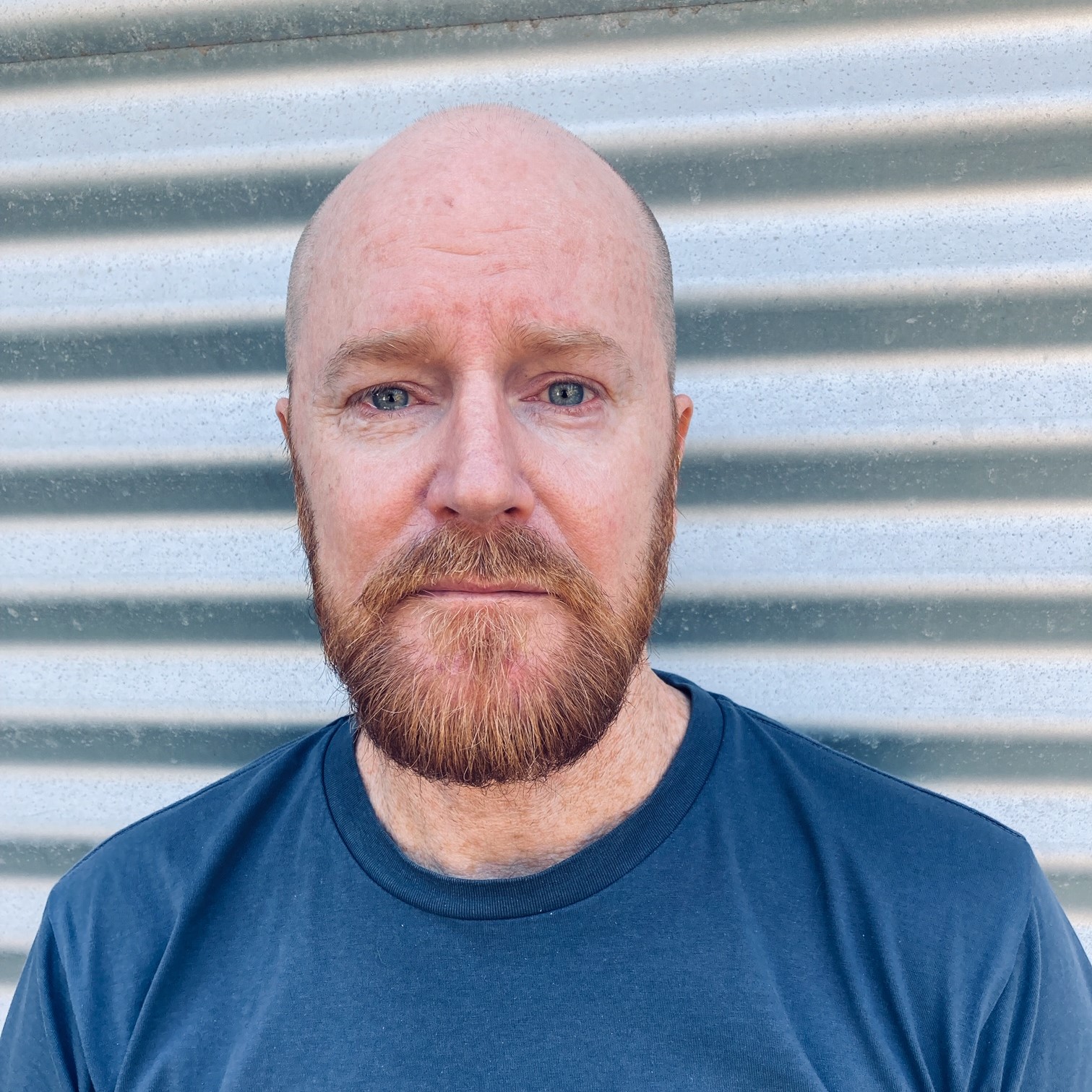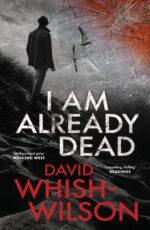David Whish-Wilson on why hard-boiled crime appeals to him and the ‘rules’ of writing violence

David Whish-Wilson’s I Am Already Dead is a gripping and high-paced noir novel, and book two in the Lee Southern crime series, that will keep fans of True West on the edge of their seat. In this interview he describes the inspiration behind his work.
Where did the idea for this this novel come from?
The title comes from a time when I was younger, living in Tokyo, Japan, for a few years, working as a nightclub bartender and occasional bouncer, teaching myself how to write short stories and studying Japanese language and martial arts during the day. The title is derived from an old samurai saying invoked by warriors prior to battle – the idea being that if you can convince yourself that you’re already dead, then you won’t fear what’s to come – relevant here because of the danger that Lee Southern soon finds himself in.
The idea for the plot came from a conversation with a Melbourne-based crime writer friend of mine, who’d newly become a father. This guy is a great writer and a very mild-mannered and gentle fella too. He said that after his first child was born, he was surprised and a bit shocked to discover there was a dark side to being a father. He said that almost without thinking about it, in the middle of all the sleeplessness and exhaustion, he began sleeping with a hammer beside his bed, just in case someone broke into their apartment – because his instincts were telling him that he would take it that far – in order to protect his young family.
There are plenty of crime novels that use the ‘how far will a parent go to protect their child’ motif, so I wanted to reverse my friend’s instinct a little, namely, to ask what kind of twisted values would allow a parent to knowingly put their child in harm’s way, and what the ongoing repercussions of that might be.
What is it about writing noir crime that appeals to you? Do you have ‘rules’ for how you approach writing about violence?
I like crime noir or hard-boiled novels because they’re a little bit ‘real’. While my primary focus is to entertain my readers, it’s good form, I find, to also freight the story with examinations of the nexus between organised crime, politics and business. Good crime noir can be political and relevant without being didactic, examining crime that is structural rather than just the product of aberrant personalities.
I feel like I’m pretty careful about writing violence, and as writers we certainly don’t want to cross the line and trigger or traumatise our readers. That said, in the violent contexts which are often products of criminal enterprises, it’s also important to represent the ugliness that is part of that life, where being violent is often rationalised as a product of a business decision. My own guide for how I represent violence is the great deal of violence I myself have witnessed and have personally experienced. Representations of violence rarely approach the full ugliness of real violence, and that of course is a good thing.
Lee Southern is something of a renaissance man. In what ways is he different to his mentor Frank Swann – and do they share any qualities?
Lee is trying to learn as much as possible from Frank Swann. There is a mutual respect there, due to their similarly traumatic childhoods and their shared values of doggedness, loyalty and kindness toward those who are weaker or struggling – that classic respect for the underdog. They belong to different generations, with Frank coming from a generation where detection and investigation proceeded largely by way of developing relationships (as opposed to contemporary policing, which proceeds largely by way of surveillance.) If Frank Swann is old-school, Lee readily avails himself of modern techniques and technologies where useful, trying to build up a store of knowledge and experience as rapidly as possible.
This is the second Lee Southern novel, following on from True West. Do you have plans for a third?I always have a hard time letting go of characters I like. I do like Lee Southern a lot, and he’ll no doubt be returning in another story, which I’m already looking forward to writing.



